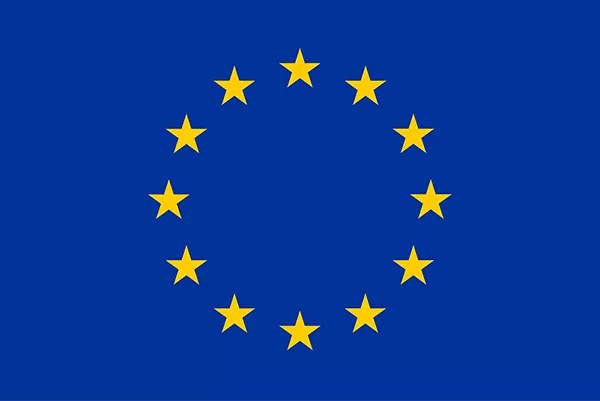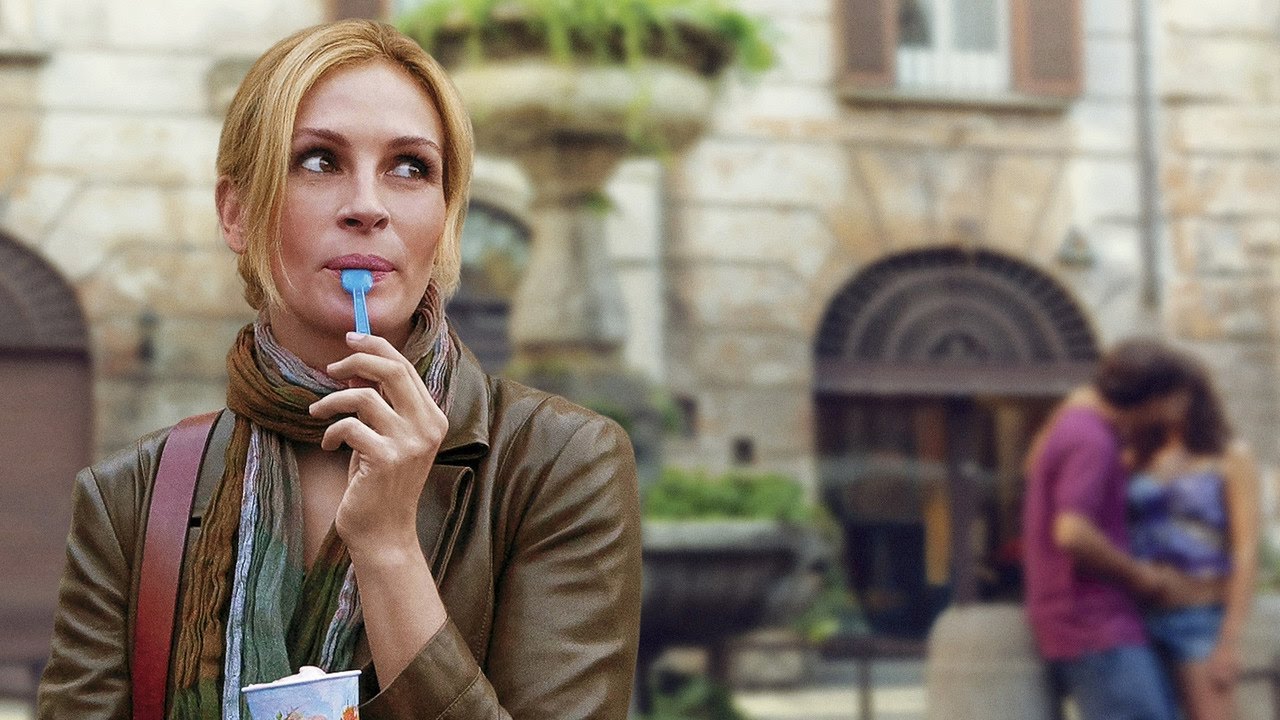On June 14, a boat carrying up to 750 migrants was wrecked off the coast of the Peloponnese in Greece. In recent days, the testimonies of survivors have denounced the indifference of the Greek Coast Guard and the Frontex agency in the face of the many requests for help from passengers.
This tragic episode has practically passed into oblivion. An indifference that is difficult to accept, especially given the media frenzy aroused by the Titan, this small submarine set off to discover the remains of the Titanic, with ultra lucky personalities on board, and whose disappearance on June 18 kept the whole world spellbound for days .
How to explain that society trivializes the reality of these lives lost every year in the Mediterranean to such an extent? In Europe, migration policies sometimes seem to reflect the brutality of our indifference. Fortunately, associations, collectives, activists, lawyers and sometimes even leaders are fighting to change the situation. But the road ahead remains dizzying.
This article is co-funded by the Erasmus+ program of the European Union.
What is CheckEurope? A European project aimed at giving its citizens the keys to understanding so that they can not only identify fake news, but also become fully-fledged actors in the fight against them.
This project makes even more sense in anticipation of European elections to be held from From 6 to 9 June 2024 and that concern us all as citizens.
See you on Monday evening from 19:00 on Madmoizelle’s Twitch channel
Among the few survivors of the Greek shipwreck no woman. The latter with the children, hospitalized in the hold during the deadly crossing, was unable to extricate himself from the ship.
Today, in Europe, they still represent 51.2% of all migrants, even if their role in migration remains fundamentally invisible. Migration is still too often viewed as masculine, or through the prism of the family. And when we conceive of women’s exile, we relegate them to only a passive role, as author and researcher Laura Oso Casas points out:
Over the years, we have gone from the invisibility of the immigrant woman, from her non-existence as a recognized social actor, to the visibility of female migration, but reduced to a passive role, being the simple woman companion of the male migrant, before arriving at conceptualizing the figure of the woman as protagonist of migration, economic actor, social actor and development actor.
What is this distorted view due to? Is it because we want at all costs to confine the woman to the domestic sphere, and leave the journey and the action to the man? Have sexist and heterocentric stereotypes influenced our understanding of migration? If so, what influence does this have on the way we design our migration policies? How does this affect the experience of women immigrants in Europe and elsewhere? Is there (or should there be) a gender approach to the issue?
Today the statistics prove it: migrant women encounter greater difficulties of integration, especially in terms of access to work. Educated and highly skilled migrant women, for example, constitute the most over-qualified and under-employed social group in Europe. They are also more exposed to sexual and gender-based violence during travel and after migration. During and after migration, what is the reality like for these women and what is our responsibility as European countries? Will the immigration bill, which the government finally has to present at the beginning of the school year, take the measure of the matter or will it penalize migrant women more?
To talk about it, Elisa Covo, social journalist, will receive Yollande Bena, political refugee from the Democratic Republic of Congo, Delphine Rouilleault, director general of the France Terre d’Asile association, Maître Élodie Journeau, lawyer in asylum and refugee law and Camille Schmoll , geographer specializing in gender and migration issues.
Migration of women in Europe
A program hosted by Elisa Covo, a corporate journalist from to miss,
in collaboration with Les Jeunes Européens.
co-financed by the Erasmus+ programme.
Monday 3 July from 19:00 to 21:00
on Madmoizelle’s Twitch channel

Do you like our articles? You will love our newsletters! Sign up for free on this page.
Source: Madmoizelle
Mary Crossley is an author at “The Fashion Vibes”. She is a seasoned journalist who is dedicated to delivering the latest news to her readers. With a keen sense of what’s important, Mary covers a wide range of topics, from politics to lifestyle and everything in between.




